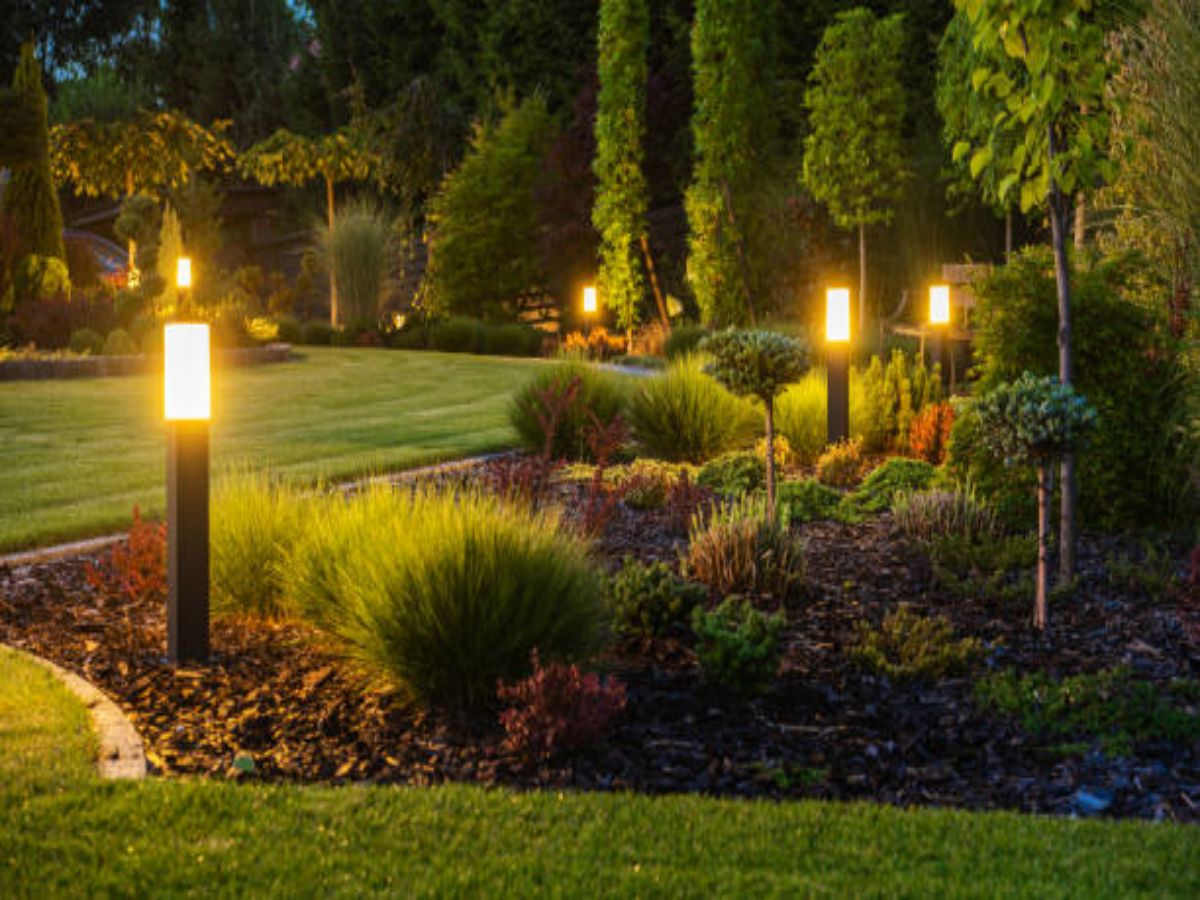How to Choose the Right M20 Waterproof Connector for Your Application?
Introduction: Waterproof connectors are essential components in a wide range of applications where electrical connections need to be protected from moisture, dust, and other environmental factors. The M20 waterproof connector is a popular choice due to its reliability, durability, and versatility. In this article, we will guide you through the process of selecting the right M20 waterproof connector for your specific application.
1. Understanding the M20 Waterproof Connector
The M20 waterproof connector is a type of circular connector that features a threaded locking mechanism for secure and reliable connections. It is designed to provide protection against water and dust ingress, making it suitable for outdoor and harsh environment applications. These connectors are available in various configurations, including different pin counts, shell materials, and sealing levels.
2. Assessing Environmental Conditions
Before choosing an M20 waterproof connector, it is crucial to evaluate the environmental conditions in which it will be used. Consider factors such as temperature extremes, exposure to moisture or chemicals, and the presence of dust or debris. This assessment will help determine the required IP (Ingress Protection) rating, which indicates the connector's resistance to environmental elements.
3. Pin Configuration and Current Rating
The pin configuration and current rating of the M20 waterproof connector should be carefully examined to ensure compatibility with your application's electrical requirements. Determine the number of pins needed for your specific application, as well as the maximum current that will flow through the connector. Choosing a connector with an inadequate pin count or current rating can lead to performance issues or even damage to the connected devices.
4. Shell Material and Durability
The choice of shell material for the M20 waterproof connector is crucial in determining its durability and resistance to environmental factors. Common materials include plastic, metal, and composite materials. Each material has its own advantages and disadvantages in terms of strength, weight, and resistance to corrosion. Consider the specific demands of your application to select the most suitable shell material.
5. Sealing Levels and IP Rating
Sealing levels are an important consideration when selecting an M20 waterproof connector. The IP rating determines the connector's ability to withstand ingress of solids and liquids. IP ratings typically consist of two digits: the first indicates the level of protection against solid particles, while the second indicates the level of protection against liquids. Ensure that the IP rating of the connector aligns with the environmental conditions of your application.
6. Connector Size and Mounting Options
The size and mounting options of the M20 waterproof connector should be chosen with the application's space limitations and installation requirements in mind. Evaluate the available mounting options, such as panel mount or cable mount, to determine the most suitable choice. Additionally, consider the connector's overall size to ensure it can be accommodated within the available space.
7. Ease of Installation and Maintenance
Consider the ease of installation and maintenance when selecting an M20 waterproof connector. Connectors that offer features such as quick-connect/disconnect mechanisms, clear markings for pin identification, and tool-less assembly can significantly simplify the installation process. Additionally, connectors that are easy to clean and maintain can help reduce downtime and ensure reliable performance in the long run.
8. Compatibility with Existing Systems
If you are integrating the M20 waterproof connector into an existing system, it is crucial to ensure compatibility with the existing components and wiring. Consider factors such as pin arrangement, voltage ratings, and signal compatibility. Choosing a connector that is not compatible with your existing system can result in costly rework or compromised performance.
9. Quality and Reliability
When it comes to waterproof connectors, quality and reliability are of utmost importance. Look for connectors that are manufactured by reputable brands and have undergone rigorous testing to ensure their performance in demanding environments. Reading customer reviews and seeking recommendations from industry experts can also help gauge the quality and reliability of a particular connector.
10. Cost Considerations
While cost should not be the sole determining factor, it is important to consider your budget when choosing the right M20 waterproof connector. Compare prices from different suppliers, but also take into account the overall value offered by the connector in terms of its features, durability, and suitability for your specific application. Remember that investing in a high-quality connector can result in long-term cost savings by minimizing maintenance and replacement expenses.

